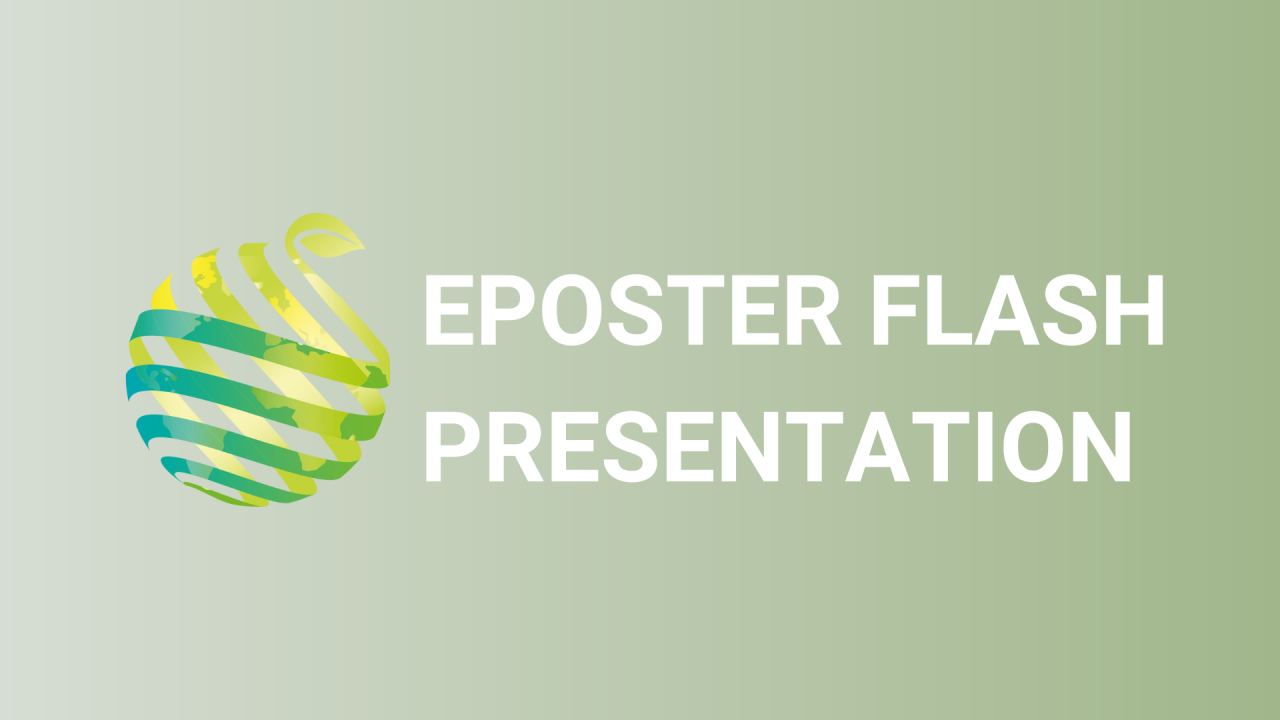

S16 - Session P3 - Study of changes in practices carried out by growers aiming to reduce the use of inputs in sugarcane systems on Reunion island: case study of the east and west zones
Information
Authors: Ines Shili Touzi, Marie Mawois, Axelle IONESCU, Arthur Launay, Michel Vaillant, Hélène Jarousseau , Jean Marie Paillat, Daniel Kalnin *
Sugar cane is an historic crop of the island's past and still a major feature of the landscape today, contributing greatly to the island's economy and employment. The sugarcane industry has always received strong support from the public authorities, which have initiated many technical innovations in order to modernize the industry and its productivity (varietal innovation, irrigation, etc.). In response to new issues resulting from the reduction of the spectrum of herbicides, the sugarcane industry is carrying out numerous studies on innovative practices in weed management and have promoted certain changes that have impacted the technical behavior of planters, but this approach did not take into account the other innovations implemented by these planters. Understanding how and why they have changed their practices is essential for understanding the factors that hinder and leverage agroecological transition in agrosystems. The objective of this study is to identify the practices initiated by growers in relation to weed management by identifying which strategies have been adopted and the drivers behind these changes. Data collection was carried out through sixty interviews in four study areas with contrasting pedoclimatic conditions. The results show a diversity of strategies applied to the sugarcane systems. The drivers identified are socio-technical (insertion into networks), agronomic (biomass and sugar yield) or linked to the trajectories of the farm (agrarian history and effect of urbanization) and the grower himself (age, sensitivity to environmental and health impact reduction). These results point out the strategies used by the growers to reduce the use of herbicides, in some cases, leads them to produce more market gardening, instead of sugar cane. These strategies should be considered by the players of the cane-sugar sector, taking into account the realities of the growers and their vision of the future of the sector.